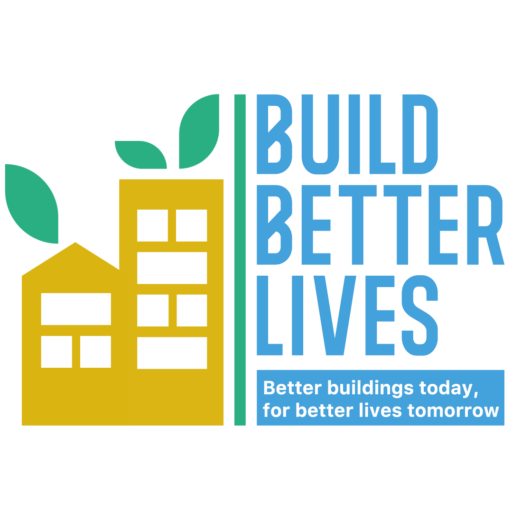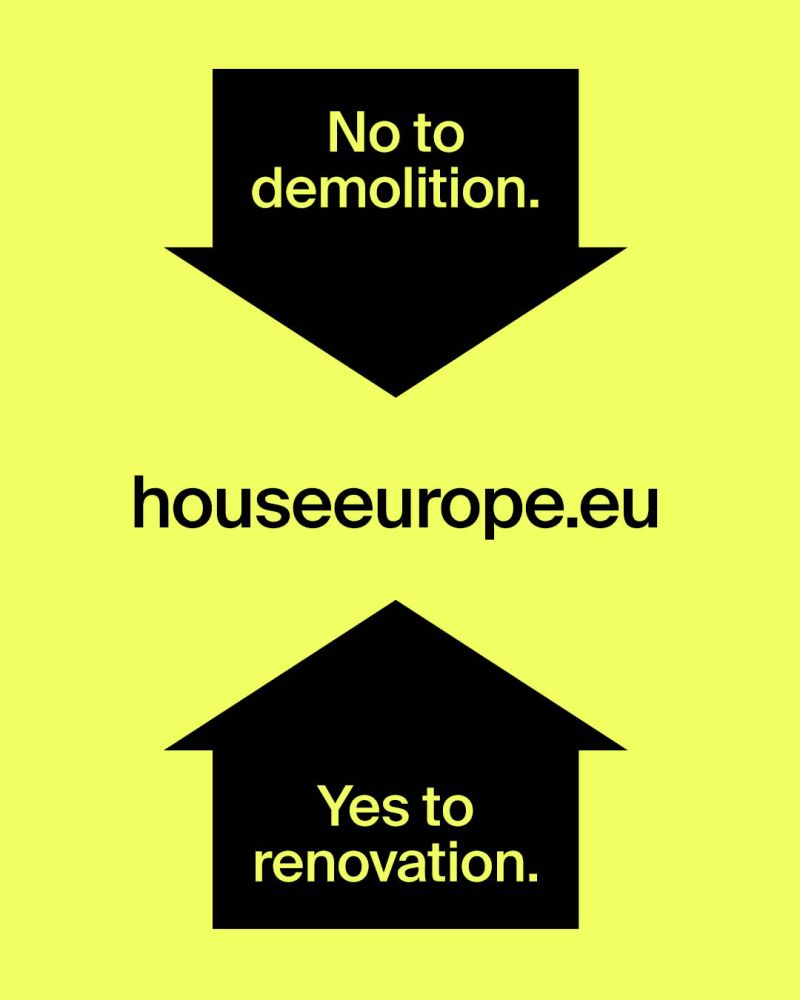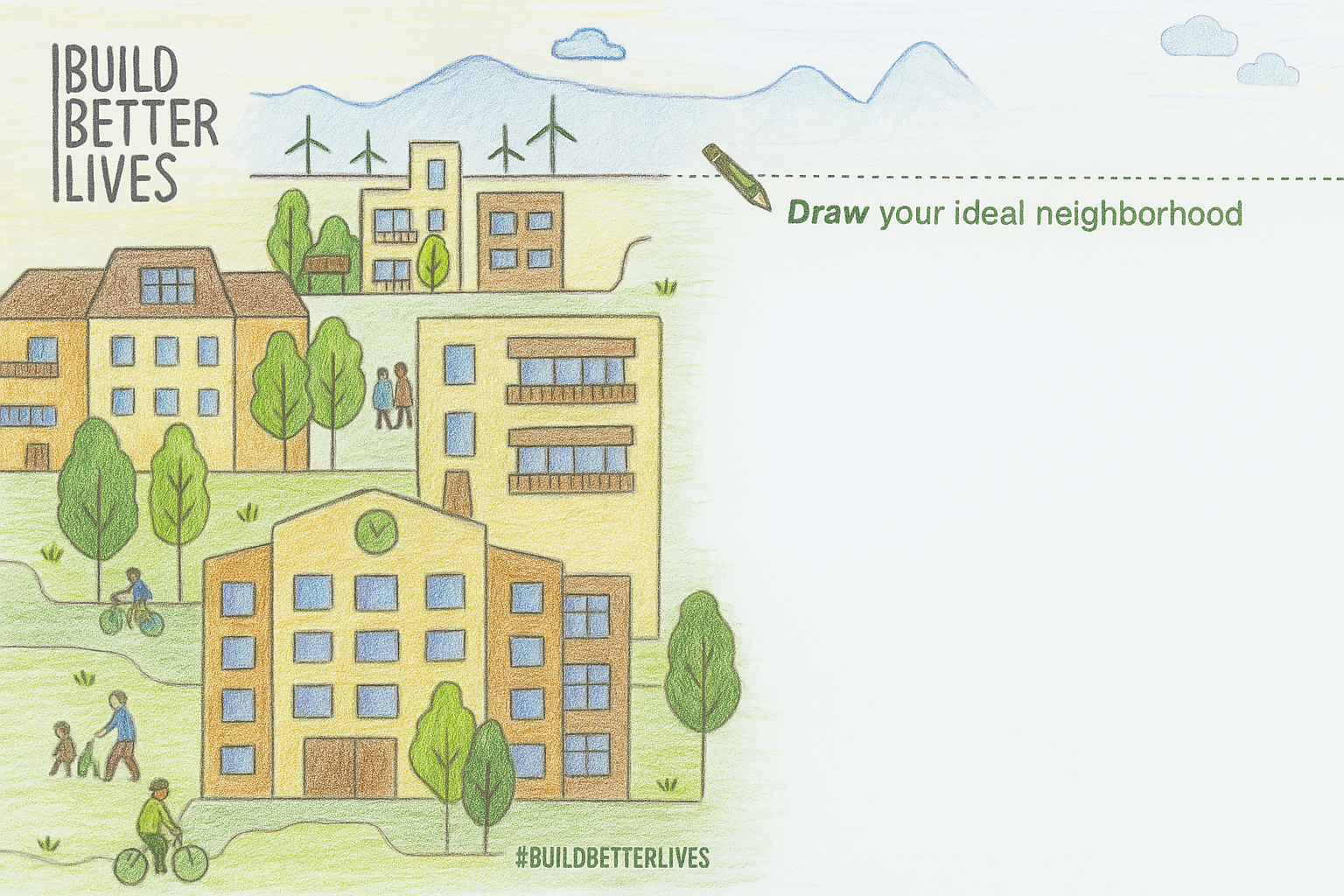Paris, FRANCE
Project led by Paris Habitat & Charles-Henri Tachon Agency
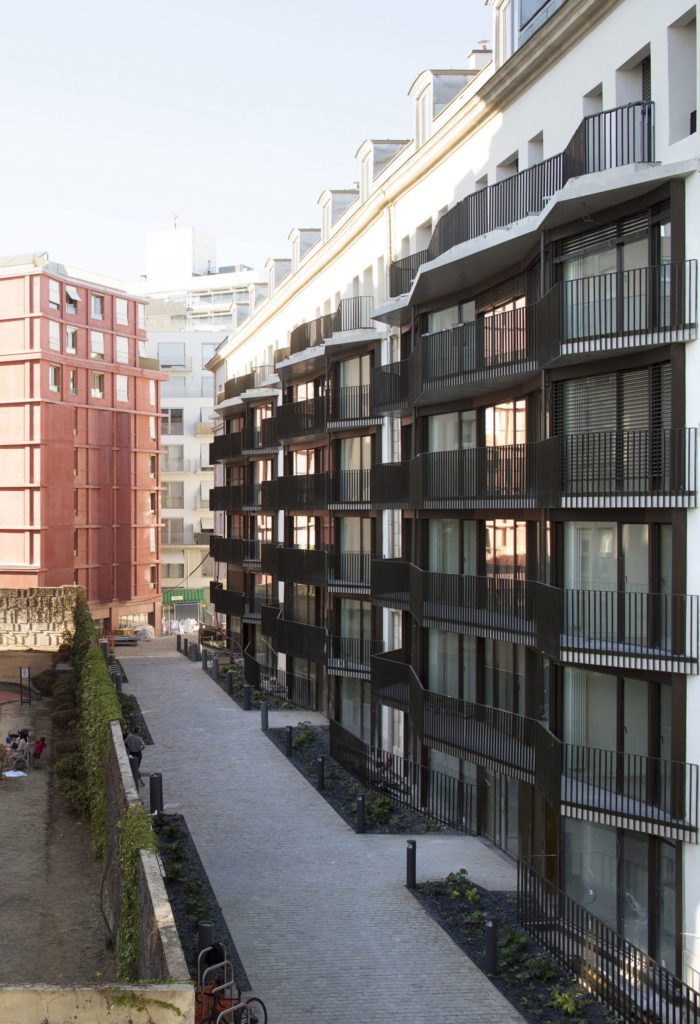
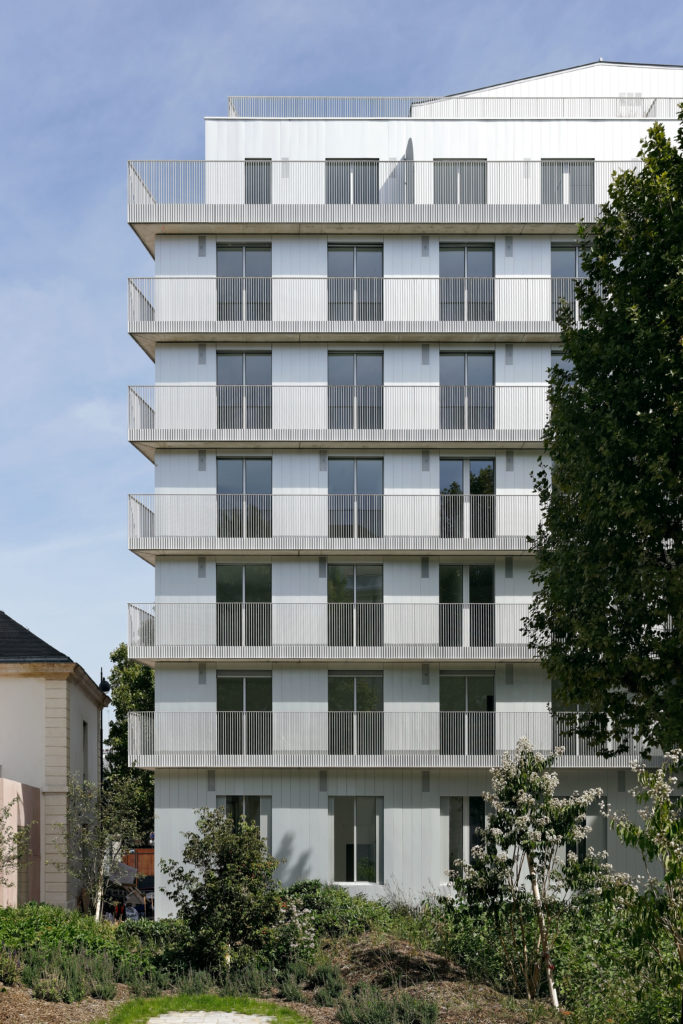
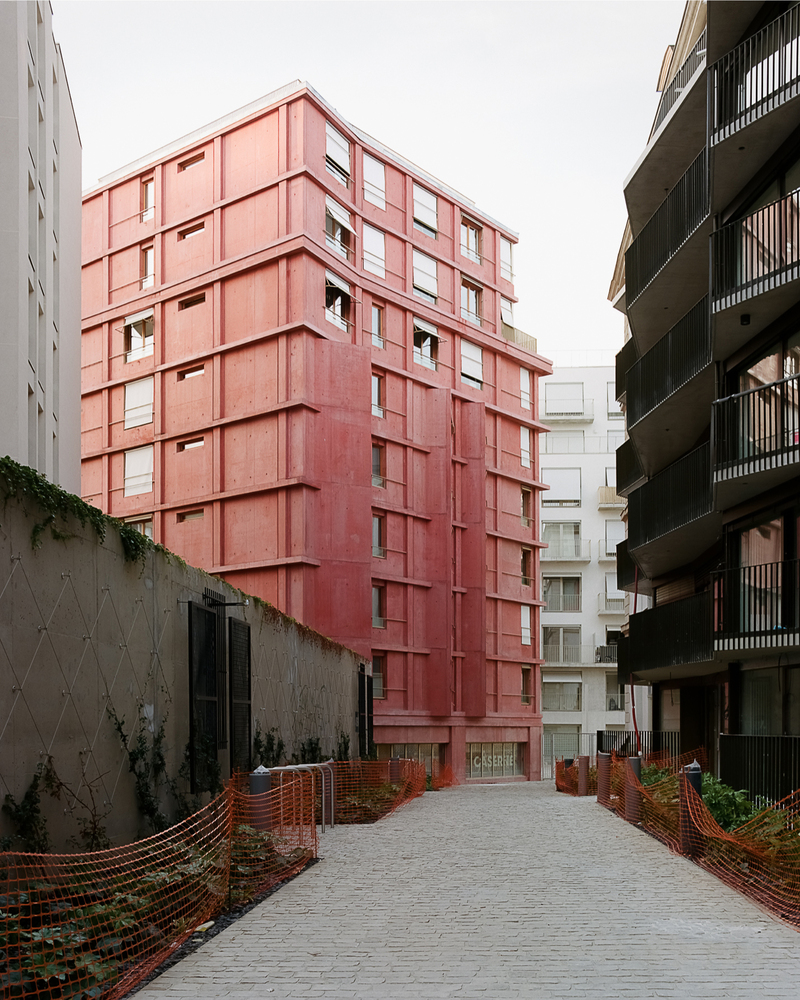
The Caserne de Reuilly project in Paris is a transformative urban regeneration initiative that demonstrates how historic sites can be repurposed to meet modern needs while promoting sustainability and affordability. By embracing principles of circularity and fostering flexible, multi-use spaces, this project has redefined how cities can address the intersecting challenges of housing, heritage preservation, and environmental responsibility.
A district-level approach to circularity
The Caserne de Reuilly renovation exemplifies how circular principles can be applied at a district level to reduce environmental impact while preserving cultural heritage.
The project placed a strong emphasis on material reuse and preservation by retaining over 600 tons of original materials, including stone walls, timber structures, and cobblestones, all of which were either repurposed on-site or used in nearby projects. This strategy not only preserved the historical character of the barracks but also minimised construction waste, demonstrating a commitment to circular construction practices.
The integration of renewable systems further advanced circularity by connecting the development to the Paris Urban Heating Network, which draws on renewable energy sources such as aerothermal and photovoltaic systems. Additional rainwater management systems, green roofs, and grass paving stones were introduced to enhance resource efficiency and support climate resilience.
Through holistic sustainability practices, the project successfully combined heritage preservation with modern environmental standards, illustrating that historical sites can be adapted to meet ambitious climate goals. This district-wide approach serves as a replicable framework for integrating circular principles into urban development projects.
By prioritising circularity, Caserne de Reuilly not only reduced its carbon footprint but also showcased the potential of sustainable renovation to preserve historical and architectural value while meeting modern sustainability requirements.
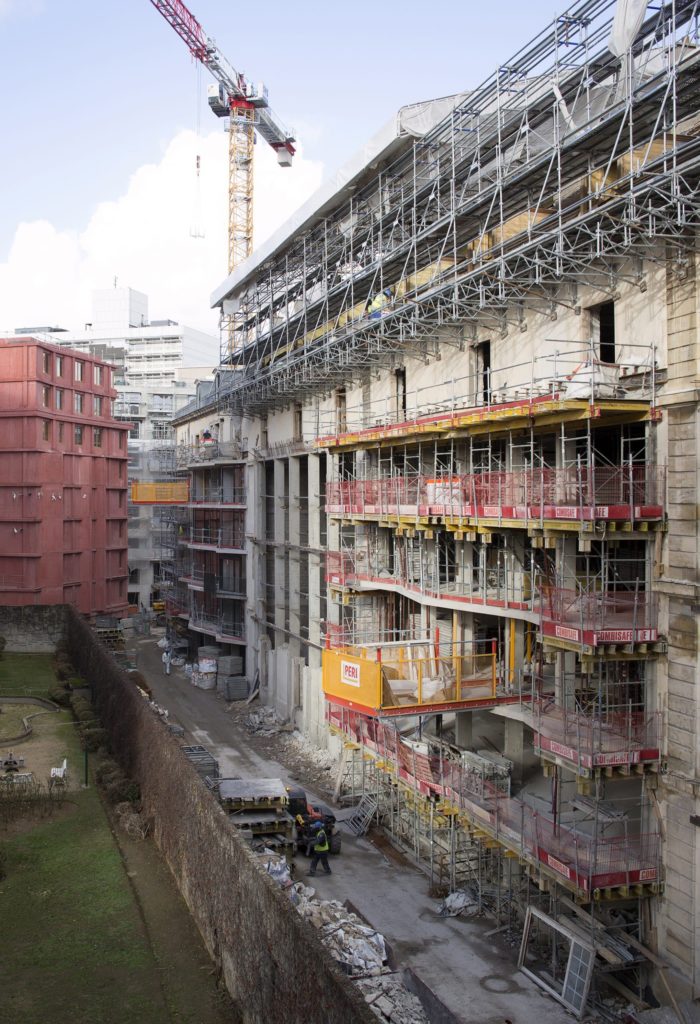
Repurposing and enabling flexible uses
The project transformed the former military barracks into a vibrant mixed-use district that serves a diverse range of community needs, setting a new standard for urban flexibility.
The project prioritised affordable housing for diverse groups by introducing 582 dwellings, distributed across social housing, student residences, affordable intermediate housing, and private rent-controlled units. This diverse housing mix ensures accessibility for both low- and middle-income residents, while fostering social diversity in the heart of Paris.
In addition to housing, the project incorporated multi-functional public spaces, including a public nursery, commercial spaces, shared gardens, and recreational areas. These amenities transformed the area into a lively neighborhood hub, designed to meet the needs of both residents and visitors.
The project also embraced urban agriculture and community engagement through the creation of rooftop urban farms, managed by local associations, alongside shared green spaces. These initiatives not only encourage community interaction, but also promote sustainability and support local food production.
This transformation illustrates the power of flexible urban design to adapt historic sites for contemporary uses, making them inclusive, multifunctional spaces that enrich community life.
A Model for future regeneration projects
The Caserne de Reuilly project is a beacon of innovation, demonstrating how cities can reconcile historic preservation with the urgent demands of modern urban life. Its district-wide circularity and emphasis on multi-use flexibility have not only revitalized a previously closed-off site but also set a precedent for sustainable urban regeneration.
By combining affordability, sustainability, and adaptability, Caserne de Reuilly has shown how ambitious policies can build better lives for residents while preserving cultural heritage and reducing environmental impact. This project stands as a replicable model for other cities seeking to create inclusive and sustainable urban futures.
